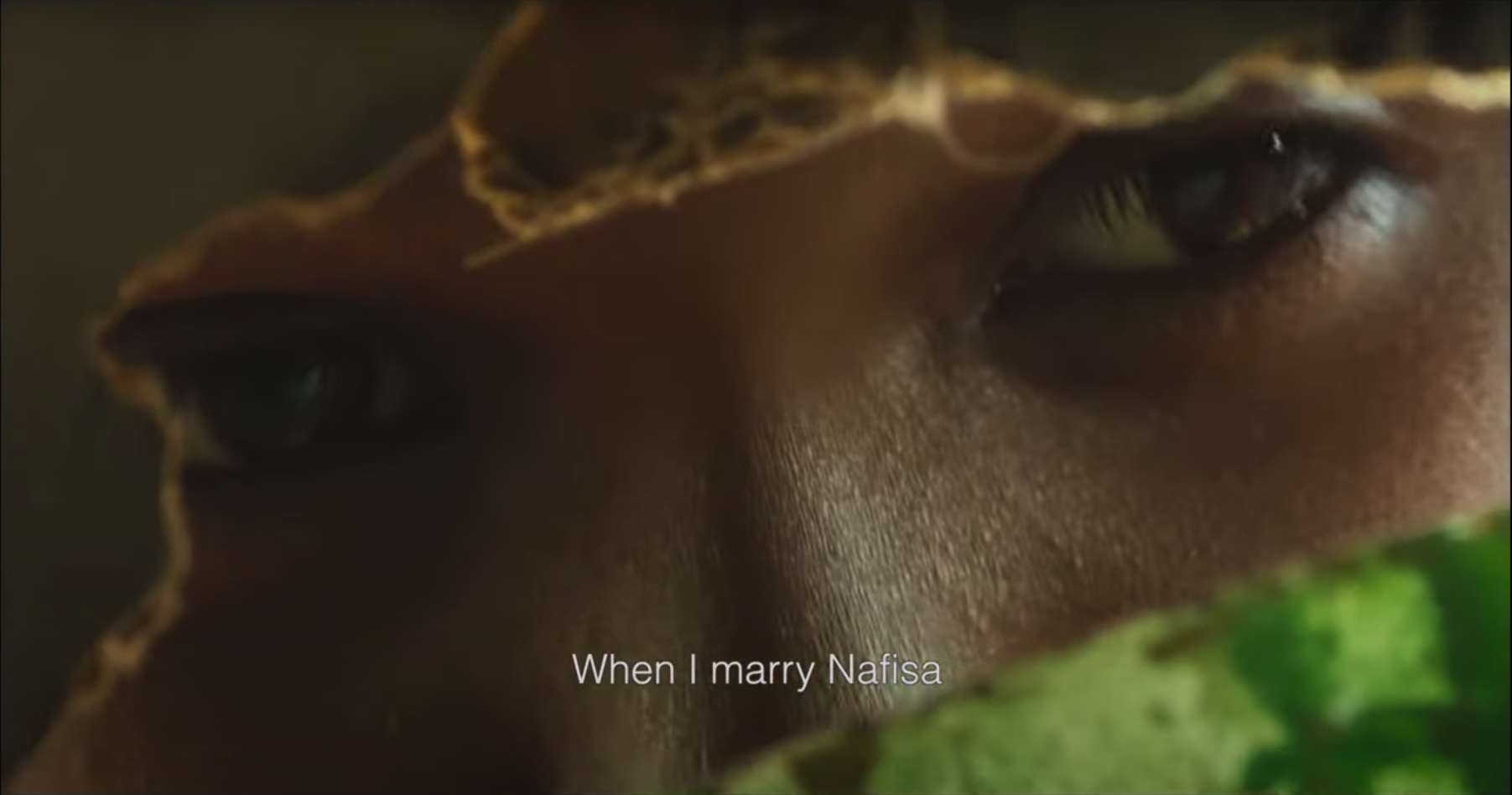
Courtesy of SHASHA
Heartwarming South West Asian and North African love stories you should stream now
Roisin Tapponi selects five films, available on SHASHA Movies, for people who love love.
Roisin Tapponi
14 Feb 2022
Last year, when teaching a university course on decolonial cinema, I asked students to bring a film they loved to each class. As you can imagine, they would bring me five hour-long, essayistic, Cannes award-winning films. One week, a student asked me: what is your favourite film? Without missing a beat, I confessed: The Notebook. You could imagine the looks on their faces. Why?! They asked in disbelief. The answer is simple: it’s dumb as hell, but makes me cry every single time. I want to watch a film and feel something, over and over again.
Safe to say, I am addicted to rom-coms. I grew up in a household far from the upper echelons of the cinema industry, where Friday nights were spent with my mum eating takeaways in front of the TV, watching Dirty Dancing with a bottle of rosé. Since those days, I have programmed in some of the world’s most prestigious institutions and festivals, not to mention setting up the first independent streaming service for South-West Asian and North African cinema, SHASHA Movies. For those of you who are fellow cinephiles, we also have a new series of films launching on 1 March, which will be available to rent without a subscription. However, there’s still nothing more special to me than getting lost in the romance of a simple love story, and yes that includes the ones with Adam Sandler.
Our current programme on SHASHA is dedicated exclusively to Afro-Arab cinema. Many of these films are exclusively available on the platform, and represent diverse experiences of Blackness in the region which are rarely represented in cinemas and other streaming services. Central to the films are discussion of Black love, friendship, romantic and otherwise. Here are some films coming up on the platform for people that love love.
Dhalinyaro (2017) dir. Lula Ali Ismaïl
Amazingly, this is the first Djiboutian feature film ever and it’s directed by Lula Ali Ismaïl who has been dubbed the “first lady” of the country’s film industry. Dhalinyaro tells a beautiful coming-of-age story about the powerful bonds of female friendship. The film follows three women from vastly different backgrounds, and their daily experiences as young women in Djibouti. There is Asma, the conservative academic from a modest family who dreams of going to medical school. Hibo is a rebellious, liberal and spoiled girl from a very wealthy family. And finally Deka, a brilliant though sometimes naïve teen who finds herself torn between her divorced mother’s ambitions to give her a better life abroad, and her own conviction that she wants to study and succeed in her own country.
Al Sit (2020) dir. Suzannah Mirghani
In a cotton-farming village in Sudan, 15-year-old Nafisa has a crush on Babiker, a young boy from a poor family. However, her parents have arranged her marriage to Nadir, a young Sudanese businessman living abroad. Nafisa’s grandmother Al-Sit, the powerful village matriarch, has her own plans for Nafisa’s future. But can Nafisa choose for herself? An intimate portrayal of life in rural Sudan, the film exposes the tension between family expectations and love which is a relatable narrative for many in the region.
Parev Mama (2021) dir. Natalie Shirinan
In this Armenian film, we follow the story of Natalie as she is faced with the repercussions of her traditional Armenian mother when coming home late after a night out with her girlfriend. The film leads us on a journey of truth, coming to terms with being honest with her mother about her sexuality, and living her life for herself outside the constraints of her culture’s expectations. It is significant that this is a queer narrative, which is very rarely represented in Armenian cinema. It explores the challenges of what it is like being caught between the traditions of an Armenian family that thinks marrying a man is the objective, and living one’s truth as a queer woman.
Memory Box (2022) dir. Joana Hadjithomas and Khalil Joreige
Perhaps my favourite new release from the SWANA region – it made me cry like an absolute baby – Memory Box is a love letter to Beirut, motherhood and coming-of-age during the Lebanese Civil War. It follows the lives of three women that are connected by a box that resurfaces containing notebooks, photographs and audiotapes. We encounter stories of first love, star-crossed love and last-a-lifetime love, in a dizzying whirlwind of romances which are intensified by the shadow of war. It swept up awards on the international film circuit, and has a killer soundtrack. Available to watch now in UK cinemas.
Salam Ghourba (2011) dir. Lamia Alami
Set in the hood in Morocco, Fatima anxiously waits for her immigration papers in order to join her husband who migrated to France over a year ago. The film does an excellent job at showcasing the amplification of longing which is caused by borders, the absence of the husband, the misery that surrounds her, the lack of job opportunities and finances, along with the harmful environment that her naïve son Mohammed is immersed in gives her very little hope. Will the husband’s letter potentially secure a brighter future for her and her son or will she have to make a crucial sacrifice?
All films are available to stream now on SHASHA.





